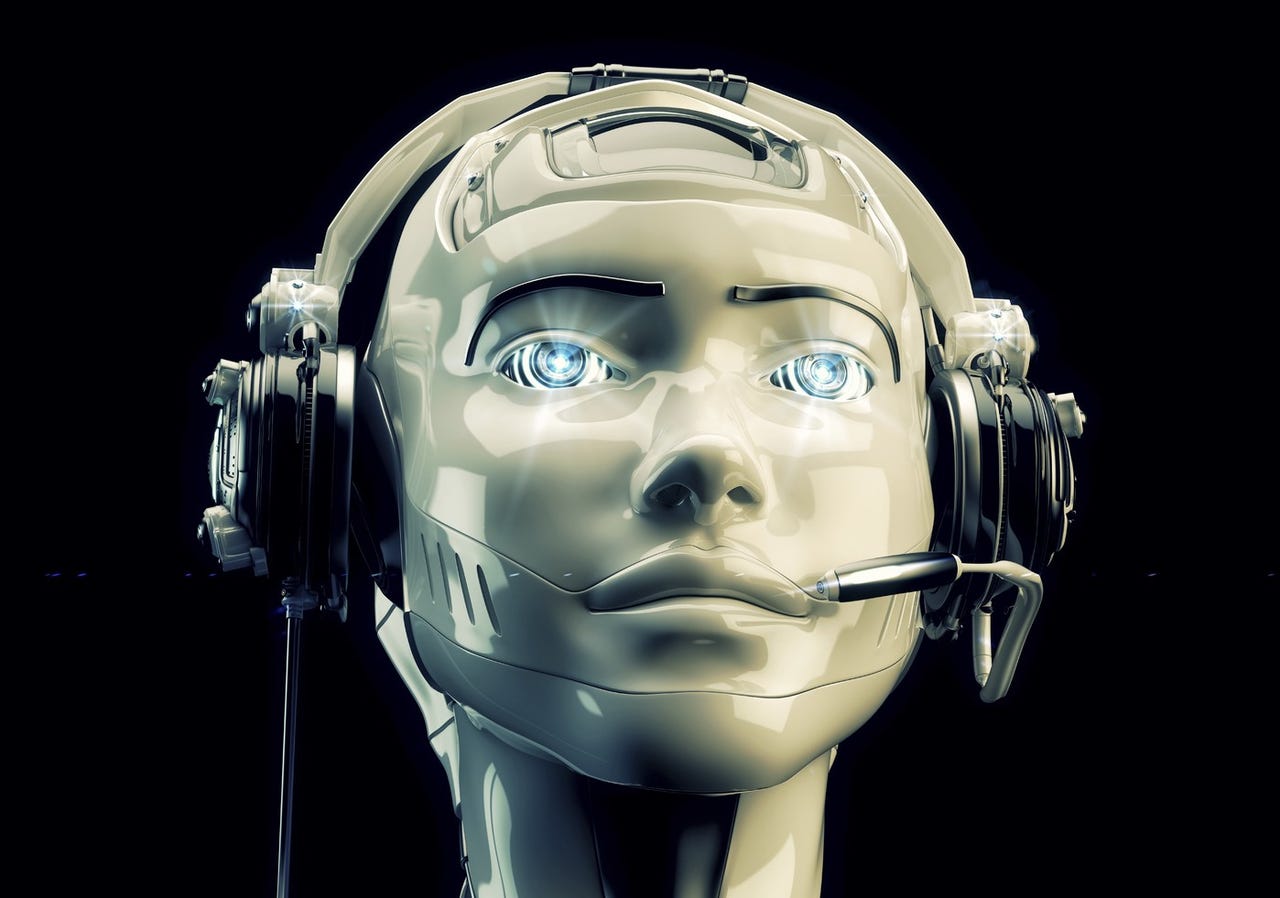Questions about your expense account? Check with the robot


Image: iStock
Would you trust your finances to a robot? Apparently a growing number of companies will be doing just that, with the use of automation, artificial intelligence (AI) and robotics in finance departments expected to rise.
"The end of the traditional finance function as we know it is imminent," stated a recent report from consulting firm KPMG. Technology has advanced to such a degree that robotics is now being used in applications relating to the finance function of organizations, the study said.
The technological progress of robotics is now faster than ever, and enterprises that are not capable of following this trend are at risk of falling significantly behind the competition within a few years, KPMG said.
In the traditional model, the finance function can be divided into three areas: Finance within the business, functional finance and operational finance, the study noted. Operational finance consists of many of the more repetitive and transactional finance activities. Because these activities can usually be standardized, they work well with robotic process automation (RPA).
The trend of robotics and other automation tools in the finance function doesn't appear to be worrying people who work in these departments. In fact, finance professionals welcome the rise of AI, automation and robots, according to the latest survey by the Chartered Institute of Management Accountants (CIMA), an organizations that helps prepare people for careers in finance.
A survey of 1,628 CIMA members showed that 83 percent support the idea of more automation in their department if it saves time and money or helps with indecision in their organizations. This shows that accountants regard the impact of new technologies as an opportunity rather than a threat, according to the report.
When asked about the impact of this type of innovation on businesses, management accountants were most likely to say the outcome would be more efficient companies as a result of better automation and data analysis (62 percent), followed by a general increase in skill among the workforce due to the need for more advanced computer skills (47 percent).
Only 29 percent of those surveyed think the increased automation will lead to a loss of jobs. This is in sharp contrast to the popular view that major job cuts will occur over the coming years because of automation and a rise in robotics, the report said.
About one out of five (22 percent) said a reliance on automation or technology has led to their organization making the wrong decision in the past five years, while 39 percent said this has never happened.
"While it's possible to imagine a nightmare scenario where advances in technology lead to mass redundancies, the world's finance departments have a less alarmist view," Andrew Harding, CEO of CIMA, said in a statement. "Our members believe that artificial intelligence, robots and other technologies will alter, but not destroy, the jobs of accountants and other professionals."
Organizations need to examine their business models and turn innovations such as AI and automation into an opportunity not a threat, Harding said.